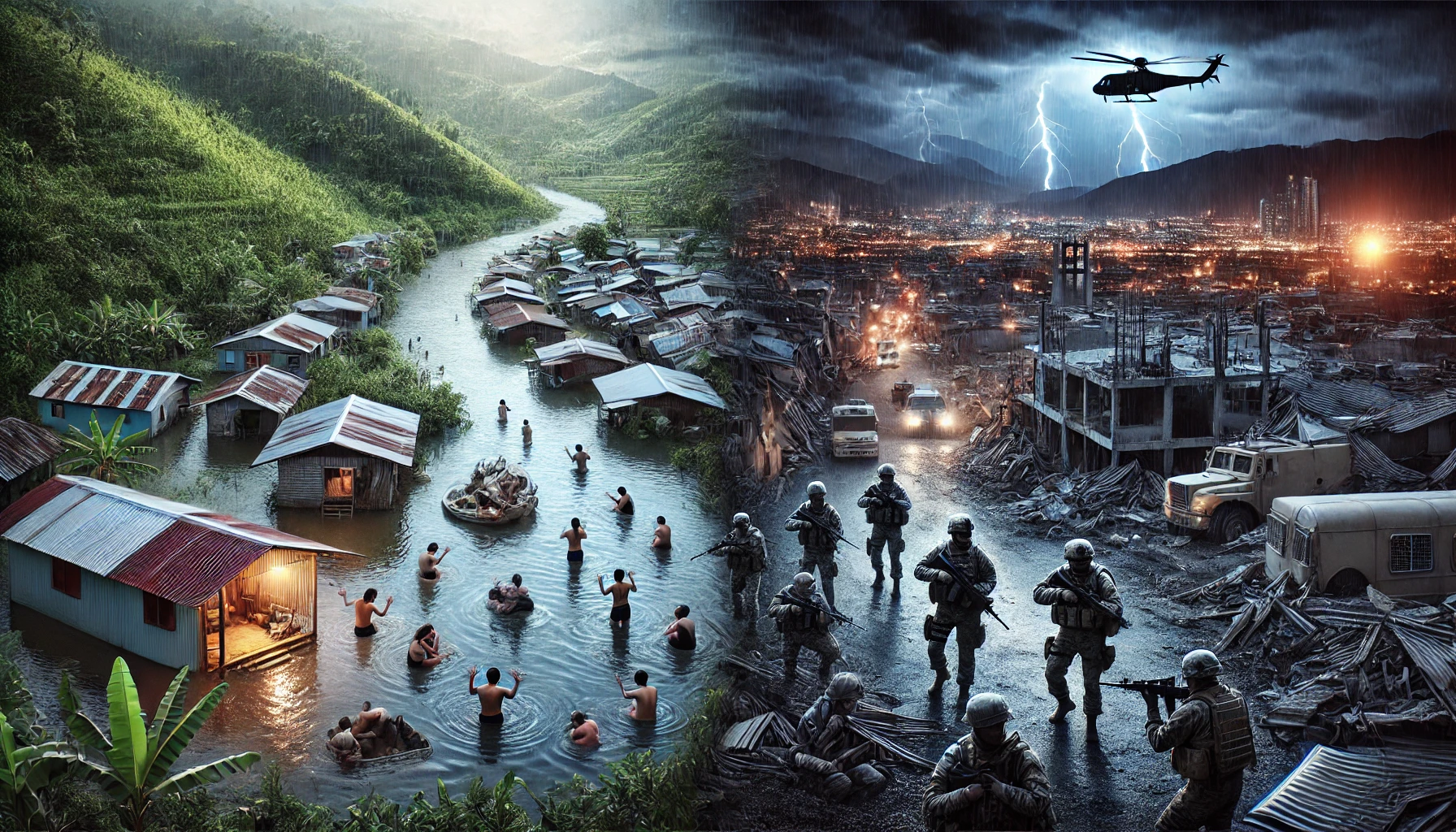CENJOWS and NDMA Sign MoU to Strengthen India’s Disaster Resilience
Major General (Dr) Ashok Kumar emphasized the transformative potential of joint research and collaborative efforts in crafting actionable policies.

- Country:
- India
In a landmark step to enhance India's disaster management and resilience capabilities, the Centre for Joint Warfare Studies (CENJOWS), the only tri-services think tank under HQ Integrated Defence Staff, Ministry of Defence, signed a Memorandum of Understanding (MoU) with the National Disaster Management Authority (NDMA). This collaboration aims to foster a "whole of the nation" approach to disaster mitigation, preparedness, and response.
The MoU was signed by Lt Gen Syed Ata Hasnain (Retd), Member of NDMA, and Major General (Dr) Ashok Kumar (Retd), Director General of CENJOWS, during a ceremony in New Delhi.
Key Areas of Collaboration
The strategic partnership outlined in the MoU includes several priority areas:
Collaborative Research: Studies on disaster management, Humanitarian Assistance and Disaster Relief (HADR) operations, and disaster diplomacy to provide actionable policy inputs.
Capacity Building: Conducting training programs, workshops, and seminars for diverse stakeholders, including armed forces personnel, NDMA officials, and state disaster response agencies.
Awareness Campaigns: Launching nationwide initiatives to educate communities about disaster preparedness and risk mitigation strategies.
International Engagements: Enhancing India’s role in global disaster management and aligning efforts with foreign policy objectives, including HADR initiatives.
Insights from Leadership
Major General (Dr) Ashok Kumar emphasized the transformative potential of joint research and collaborative efforts in crafting actionable policies. He remarked that integrating military and civilian expertise would bolster India’s disaster resilience both nationally and internationally.
Lt Gen Syed Ata Hasnain, Member of NDMA, highlighted the importance of unified action and the shared vision of creating a safer India. He also stressed leveraging advanced technologies and global best practices to achieve this goal.
Strengthening Disaster Management Ecosystems
This partnership underscores the pivotal role of CENJOWS in bridging the gap between the armed forces and civilian agencies while reaffirming NDMA's commitment to a holistic and technology-driven approach to disaster management.
To further enhance the effectiveness of the partnership, NDMA and CENJOWS plan to:
Develop specialized training modules for military personnel to integrate them seamlessly into civilian disaster response frameworks.
Establish a dedicated knowledge-sharing platform to disseminate research findings and case studies on disaster management.
Engage with international organizations like the United Nations Office for Disaster Risk Reduction (UNDRR) to promote India's HADR capabilities globally.
Way Forward
This MoU marks the beginning of a long-term collaboration aimed at creating a disaster-resilient India. By combining the strategic expertise of the armed forces with NDMA’s policy-driven approach, the partnership seeks to transform India’s disaster management landscape.
In addition to domestic initiatives, the collaboration positions India as a global leader in disaster diplomacy, paving the way for greater international cooperation and recognition in HADR operations.










